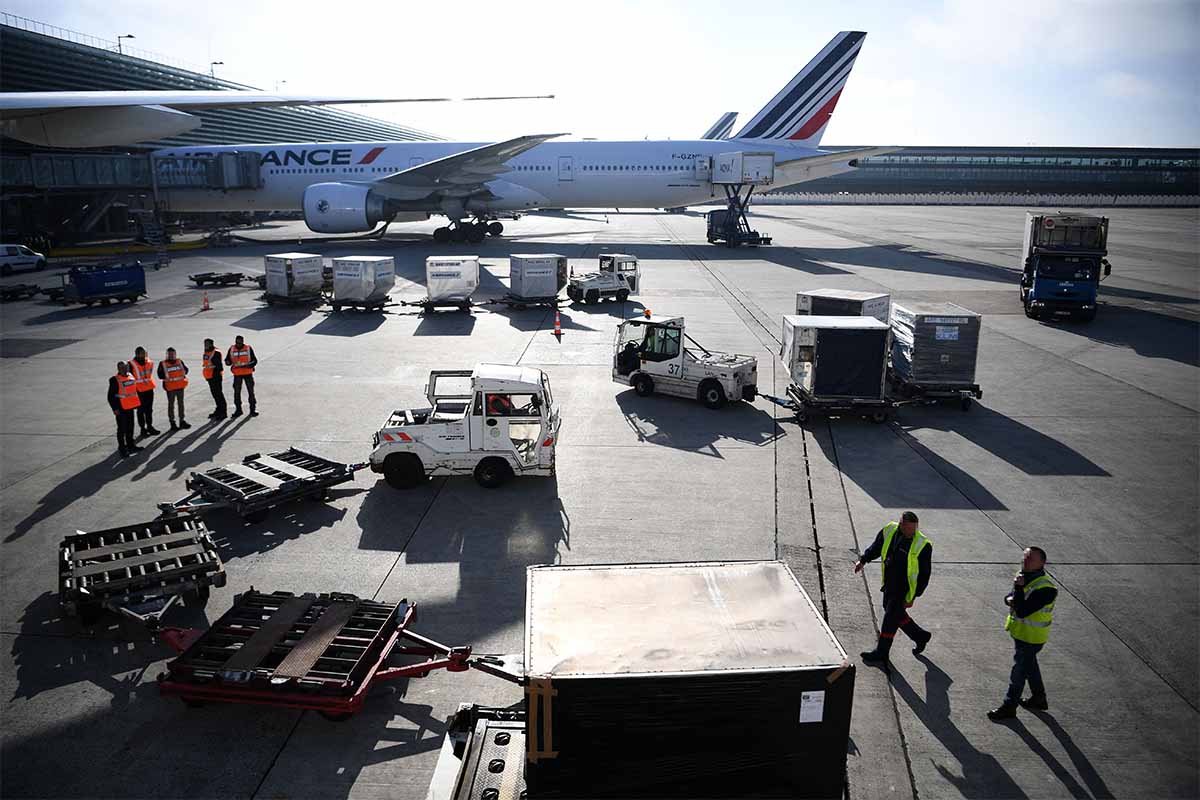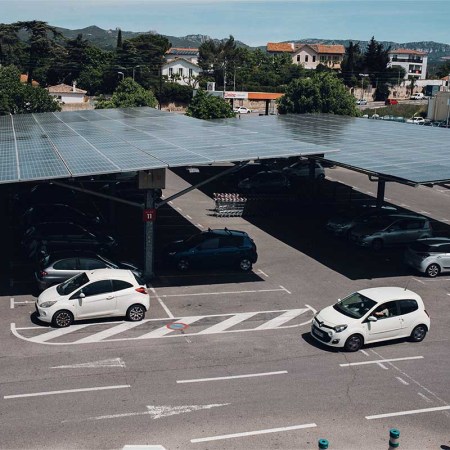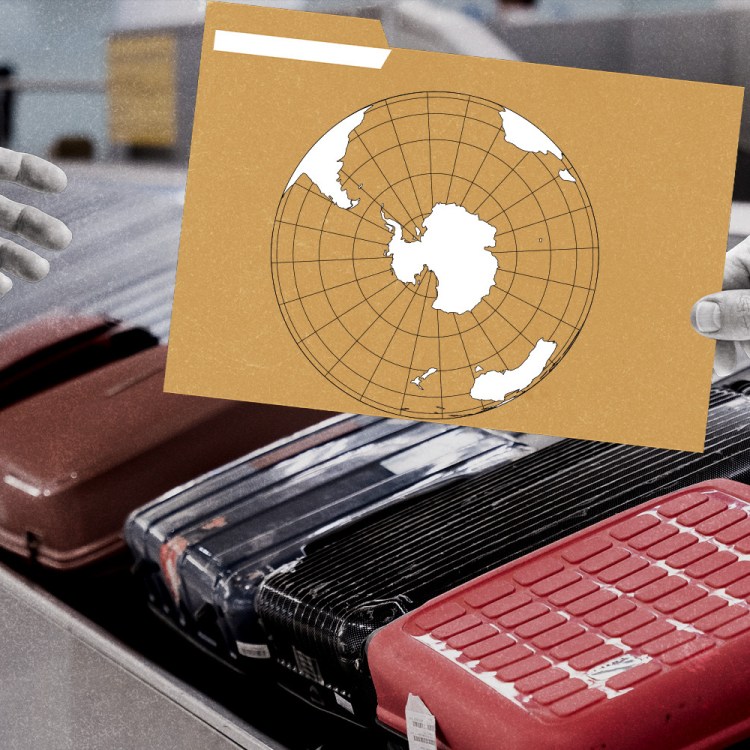While the European Union (pretty much) banning 8K TVs probably didn’t raise an eyebrow in the rest of the world, France’s latest environmental move will certainly cause a ripple. The country is banning short-haul flights when there is a train alternative of fewer than 2.5 hours within French territory.
This is the wording of France’s new measure, according to the Official Journal of the European Union: “Article 145.I of the Law prohibits, on the basis of Article 20 of the Regulation, scheduled public passenger air transport services on all air routes within French territory for which there are several direct rail connections per day of less than two and a half hours.”
While France submitted this proposal back in 2021 as a way to combat climate change and its effects, the European Commission just this month approved of the measure after resistance from the Union of French Airports (UAF) and the European branch of the Airports Council International (ACI Europe), as noted by The Next Web.
There are some caveats: The law will undergo an evaluation after three years. The rail connections must “ensure sufficient service” and there are exceptions for transportation services providing “carbon-free air transport” (not specified, but perhaps related to carbon offsets). The routes must also be between train stations serving the same cities as the airports concerned and, importantly for miffed passengers, no rail transfers required. This basically limits the initial three-year domestic air ban to routes between the Paris Orly airport and Nantes, Lyon and Bordeaux.
This is an excellent first step for combatting CO2 emissions and will certainly help the larger European Union meet the requirements of its Fit for 55 initiative, which (by law) requires the European Union to reduce emissions by at least 55% by 2030. As TNW notes, rail transport is responsible for less than 1% of EU transport emissions while carrying 13% of goods and 7% of passengers. While this current domestic travel law is only applicable to France, it should be noted that Germany, the Czech Republic and the Netherlands also have ambitious rail service expansions planned for the next few years, so other countries may follow suit.
Sadly, this type of law seems like a non-starter here in the U.S. While America has the largest rail network in the world, most of those tracks are used to carry freight (and that usage seems to be a political priority). Amtrak is a rather haphazard way to get across the country, and local/state train services vary widely. Even a state like California has seen its ambitious high-speed rail plans turn into a funding nightmare. For us and other countries, we may have to look into the idea of alternative fuels to reduce emissions.
Thanks for reading InsideHook. Sign up for our daily newsletter and be in the know.


















